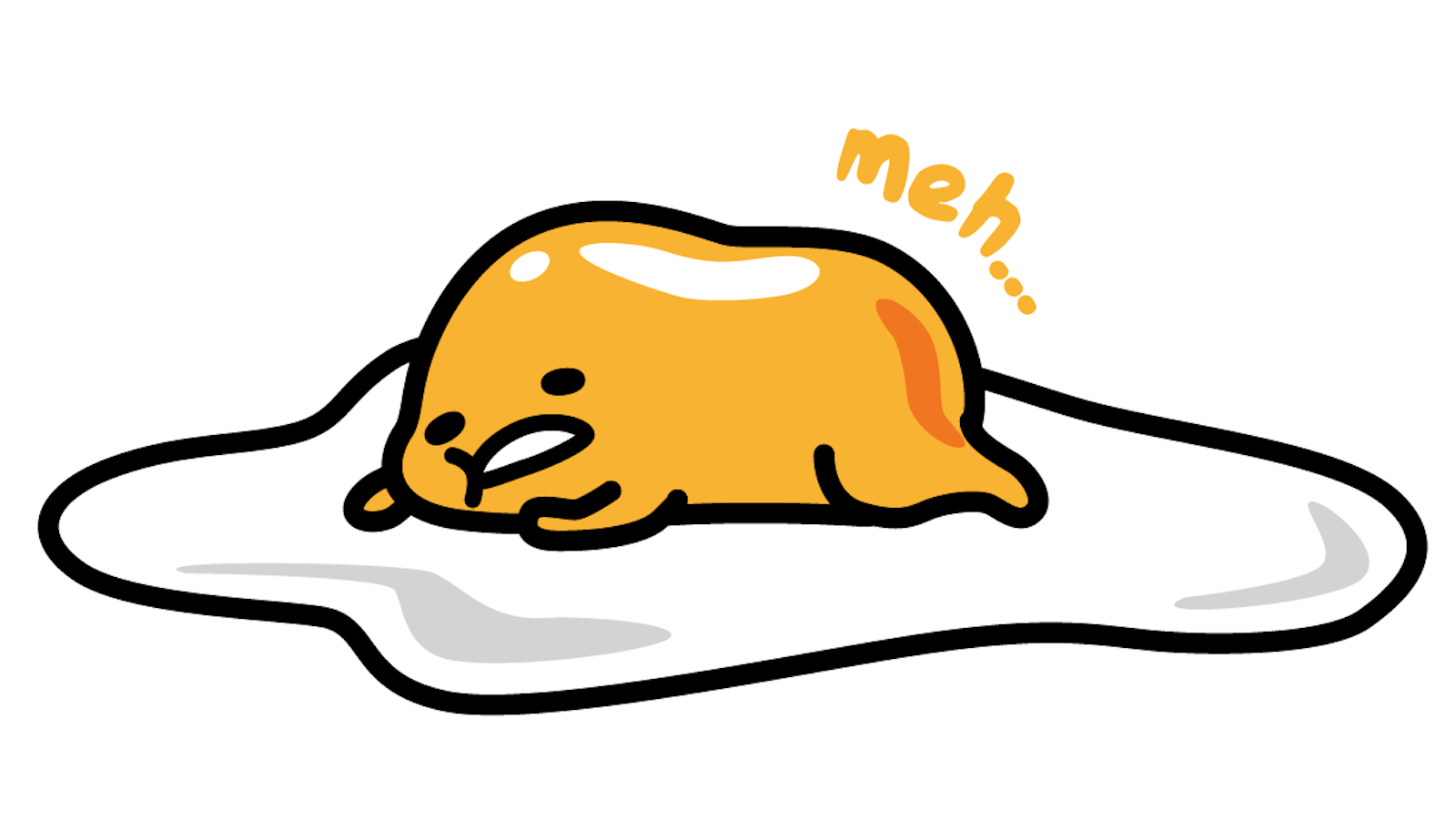Praghna Week 14: What is it like having multiple people in one body?
Everyone is pretty moody, including me.
But outside of shifts in emotional states that occasionally diversify our personalities, imagine multiple people literally living in your body. How plausible does this sound?
Memory is like a house with many rooms, each representing different points in our lives, experiences, and identities. But what if this house isn't just a host for you but 16 other people? This is a consistent reality for people living with Dissociative Identity Disorder (DID), a condition where a person's identity is fragmented into distinct personality states.
Unfortunately, people who were diagnosed with this disorder faced something so traumatic and painful in their childhood (5-6 years old, during the personality development stage of our lives) that their brains constructed a state of amnesia around this recurring event.
Our brain is like our protector, ensuring that we live healthy and safe lives despite any obstacles.
Rather than the original host being aware of what occurred, these patients' brains took up the obligation of creating an entirely different personality to suppress this trauma forever so the original host would never recall the situations that took place.
Imagine you're back in that room, but during each stage of your life, a certain identity is responsible for specific memories you cannot recall. These identities can take over your body (the host) anytime they feel that you are in danger, with you in a state of blank amnesia.
As dangerous and scary as this seems. DID continues to teach us the power our little brain actually possesses. It also helps to emphasize how our memory can impact our lives.




Hi Praghna! I always like how you discuss topics that you learn from psychology. Dissociative Identity Disorder has been a topic that I have been interested lately. DID can be disruptive to a person’s normal life, but it seems to be one of the many defense mechanisms that our brains have to protect us from traumatic experiences and memories. While doing my research on DID, I came across an article discussing the controversial debate in psychology on whether the disorder is actually “real.” DID’s symptoms can vary across different cultures, social settings, and individuals. Many are skeptical of the disorder because it can seem fake to people who have never experienced it. I personally believe that DID is a very real thing, and I am glad that our brains have the amazing power of shielding us from painful memories.
ReplyDeleteHi Praghna! I really love learning more about psychology through your blogs. Your blogs are always informative and thorough, yet concise and understandable throughout. DID is such an interesting topic. I'm familiar with DID because of binge-watching Criminal Minds, but I didn't understand the science behind it until reading your blog. Your description of someone having 16 distinct people living in them makes the struggles a person diagnosed with DID more understandable even though its unfathomable to almost all of us. The prospect of never fully remembering your life is so scary, not to mention how different your interactions with people can be. My heart goes out to those who experience situations similar to DID, despite it being a debatable disorder.
ReplyDeleteThis comment has been removed by the author.
ReplyDeleteHi Praghna, I really enjoyed reading your post about split personality disorder. I've always thought that it was such an interesting topic to explore, and recently I got really curious and I searched up what it was like. The idea of not being able to control your own personality/have multiple personalities that control your body without you wanting it to happen is horrifying, and I think the fact that it's prevalent in lots of people who have mental disorders is terrifying. Sometimes I wonder what it would be like to be one of these people, I want to know what goes on inside their brains when they "swap," but of course I know that these people probably struggle just to get through the day because they may end up in trouble or in bad situations because of their split personalities. I do wish that there was a sure way to know what it is like though, mostly because I'd love to be able to find out how it develops and how it can be cured, also, I'm really curious if in the future there could be a medicine for this type of disorder like there is for depression in the form of antidepressants.
ReplyDelete